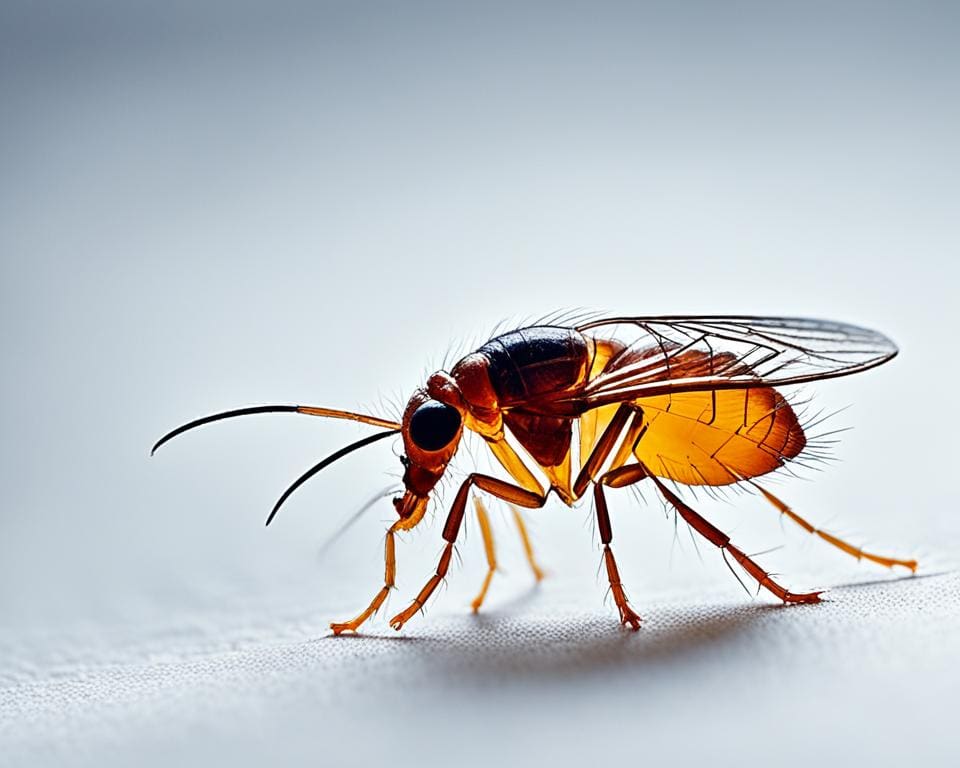Fleas are often dismissed as mere nuisances, yet their ability to impact human health is a reality that should not be overlooked. Understanding the health risks of flea infestations is crucial, especially when considering the question: can fleas give humans diseases? These small, agile pests can infiltrate households, primarily through pets, spreading more than just discomfort. As we delve into the potential health threats posed by fleas, it becomes clear that awareness is key to safeguarding ourselves and our communities.
Understanding Fleas and Their Role in Disease Transmission
Fleas play a significant role in the ecology of health risks, particularly regarding flea-borne diseases in humans. These tiny ectoparasites, belonging to the order Siphonaptera, are more than just nuisances; they serve as carriers for various pathogens that can potentially infect humans. Understanding what fleas are and how they infest homes can help us manage these pests and mitigate health risks.
What Are Fleas?
Fleas are small, wingless insects characterized by their flattened bodies and powerful hind legs, which allow them to jump across long distances in relation to their size. They primarily feed on the blood of mammals and birds, making them effective hosts for various diseases. Fleas exist in various species, including the cat flea and the dog flea, each capable of transmitting different pathogens. Their saliva can trigger allergic reactions in some individuals, adding to the discomfort they cause.
How Do Fleas Infest Homes?
Fleas can easily invade homes through various means. Pet animals, particularly cats and dogs, are common carriers. When your furry friend ventures outside, they can pick up fleas from other animals or environments, followed by bringing them back into your home. Additionally, flea transmission of diseases can occur via contaminated bedding or carpets, where flea eggs and larvae may hide. Effective prevention requires diligence in cleaning and treating pets regularly, ensuring fleas do not establish an infestation.

Can Fleas Give Humans Diseases?
Fleas are often seen as mere nuisances, yet they can be vectors for serious health threats. While their primary impact is on animals, humans are not exempt from the risks posed by these tiny parasites. Understanding flea-borne illnesses in humans provides crucial insights into how these pests can affect human health.
Overview of Flea-Borne Diseases in Humans
The potential for human diseases transmitted by fleas extends beyond just itching and discomfort. Fleas can carry a variety of pathogens, leading to several diseases from flea bites. The transmission occurs when fleas, typically infesting pets, bite humans and transfer infectious agents into the bloodstream. This interaction can result in significant health issues, highlighting the importance of effective flea control.
Specific Human Diseases Transmitted by Fleas
Several critical diseases are associated with fleas, including:
- Flea-borne typhus – Characterized by fever, rash, and severe headache, this disease arises from the bacterium Rickettsia typhi, which fleas can transmit.
- The plague – Made infamous by historical pandemics, this severe illness can occur when fleas harboring the bacterium Yersinia pestis bite humans, causing symptoms from fever to severe lymph node swelling.
- Cat scratch fever – Introduced through a flea bite or scratch from an infected cat, this condition is caused by the bacterium Bartonella henselae.
Recognizing such flea-borne illnesses in humans is essential for prevention and timely medical intervention. Awareness empowers individuals to take proactive measures against flea infestations in their homes.
Health Risks of Flea Infestations
Understanding the health risks associated with flea infestations is vital for maintaining a healthy living environment. Fleas can pose significant threats to human well-being, leading to various uncomfortable symptoms and potential long-term illness. Recognizing these risks is the first step in preventing flea-related illnesses and ensuring a safe, pest-free space.
The Symptoms of Flea Bites
Many people experience distinct reactions when bitten by fleas. Commonly, individuals will notice:
- Red, itchy welts on the skin
- Swelling around the bite area
- Intense scratching, which may lead to skin infections
The symptoms of flea bites are not just uncomfortable. They can lead to allergic reactions in some individuals, resulting in severe itching and discomfort. Addressing these symptoms promptly is essential for alleviating pain and avoiding complications.
Long-Term Health Hazards of Fleas on Humans
While immediate reactions to bites arise, the long-term health hazards of fleas on humans can be more concerning. Persistent infestations can lead to:
- Chronic skin infections from continual scratching
- Allergic dermatitis, causing prolonged discomfort
- Increased risk of transmitting flea-borne diseases
Awareness of these potential consequences emphasizes the importance of keeping living environments flea-free. By effectively managing infestations and understanding risks, individuals can protect their health and well-being.
Preventing Flea-Related Illnesses
To effectively combat the health risks of flea infestations, proactive measures are essential. One of the leading strategies in preventing flea-related illnesses involves regular veterinary care for pets. Ensure that your furry companions receive routine flea treatments, which significantly reduces the likelihood of these pests thriving in your home. By prioritizing their health, you also protect yourself and your family from potential zoonotic diseases.
Maintaining a clean and tidy living environment is another crucial element in fleas prevention tips. Vacuum your home frequently, especially in areas where pets frequent. Washing pet bedding and blankets regularly can also help eliminate any flea eggs or larvae lurking in your living space. Additionally, consider using flea traps and sprays that are safe for households, further reducing flea populations indoors.
When it comes to outdoor strategies, keeping your yard free of debris and regularly mowing the lawn can deter fleas from making themselves at home in your outdoor spaces. Encourage your neighbors to join in promoting community awareness regarding preventing flea-related illnesses. Through shared knowledge and consistent action, everyone can contribute to lessening the health risks of flea infestations in their neighborhoods, ultimately safeguarding the well-being of families and pets alike.









